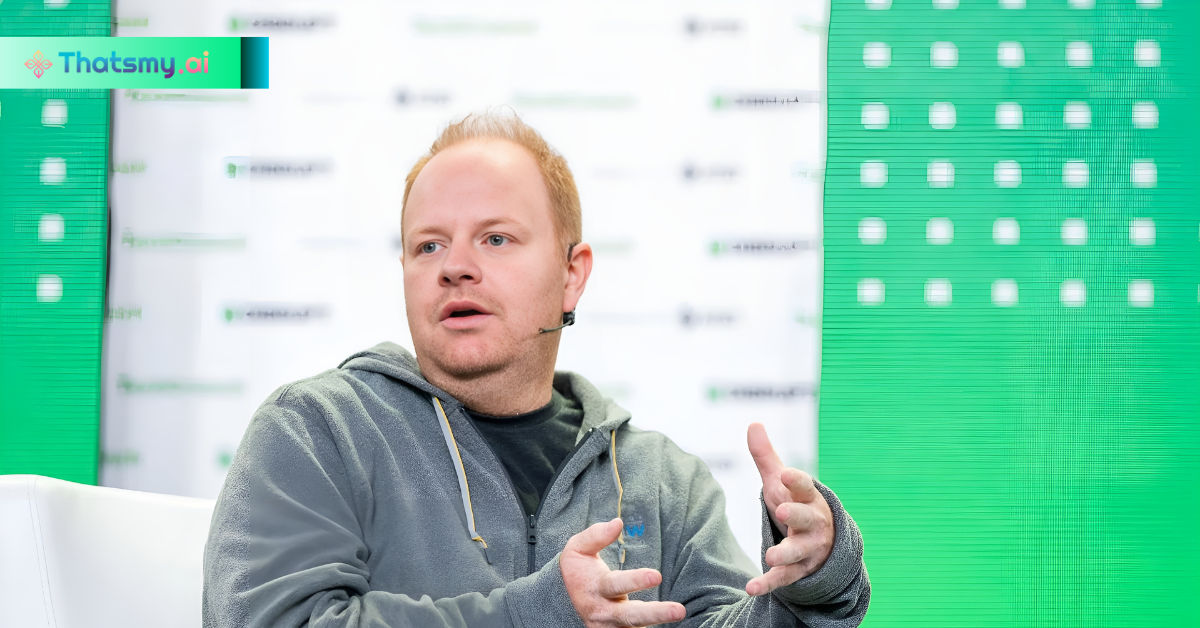Parker Conrad, founder of Rippling, discusses AI-washing, where companies exaggerate their AI capabilities for marketing purposes. He critiques the trend of adding novelty AI features without delivering practical benefits. Despite this, AI remains a major draw for investors, raising questions about when the substantial investments in AI will pay off. Conrad believes the true power of AI lies in data analysis rather than flashy features. The article delves into AI’s current state, skepticism, and potential for transformative impact.

In today’s tech-driven world, companies are racing to integrate artificial intelligence (AI) into their products. However, not all AI features are as transformative as they seem. Rippling founder Parker Conrad highlights how many companies are engaging in “AI-washing,” the practice of overhyping their products’ AI capabilities without delivering real value.
Conrad argues that too many software companies are adding superficial AI features to their products. These additions, while flashy, often fail to offer practical benefits to users. This has led to skepticism about the actual impact of AI in many areas of business.
Despite the concerns, AI remains a huge draw for investors. In 2023, AI companies accounted for 41% of U.S. deal value, with significant investments flowing into machine learning and generative AI startups. This investor enthusiasm drives many companies to brand themselves as AI-focused, even when the AI component is minor.
While Conrad is skeptical of many AI features, he acknowledges that AI’s true power lies in its ability to process and analyze vast amounts of unstructured data. Instead of flashy AI agents, the future may lie in AI tools that help companies understand complex data and identify critical insights.
With so much money flowing into AI, there’s increasing pressure on companies to prove the real value of their AI features. Investors and consumers alike are beginning to ask when they will see a return on investment from AI innovations.
AI washing can lead to several negative outcomes. For one, it can erode trust among consumers and investors who may become skeptical of AI claims. Additionally, it can stifle innovation by creating a crowded market where true AI-driven solutions are lost among inflated claims. Businesses that engage in AI washing might see short-term gains, but in the long run, they risk damaging their reputation when their AI capabilities don’t live up to expectations.
To determine if a company is engaging in AI washing, look for the following red flags:
Vague AI Claims: If a company frequently uses the term "AI" without explaining how it works or the benefits it offers, it could be AI washing.
Lack of Case Studies: Genuine AI applications should have concrete examples or case studies showcasing their effectiveness.
Overreliance on Buzzwords: Watch out for companies that use a lot of tech jargon without providing detailed insights into their AI technologies.
Instead of engaging in AI washing, companies should focus on genuinely integrating AI into their operations. This involves investing in R&D, hiring AI experts, and building systems that can deliver real value to customers. Transparency is also crucial. Companies should be clear about what their AI can and cannot do, and provide tangible evidence of their AI capabilities through case studies, customer testimonials, and product demos.
AI washing is a growing issue in the tech industry, and Parker Conrad’s insights shed light on the need for authenticity in AI development. Companies that prioritize true AI integration over marketing hype will not only build trust with their audience but also contribute to the long-term success and advancement of AI technologies. As AI continues to evolve, businesses must be honest about their capabilities and committed to delivering real, AI-driven solutions.
Sign up to gain AI-driven insights and tools that set you apart from the crowd. Become the leader you’re meant to be.
Start My AI Journey
ThatsMyAI
20 March 2025

ThatsMyAI
7 March 2025